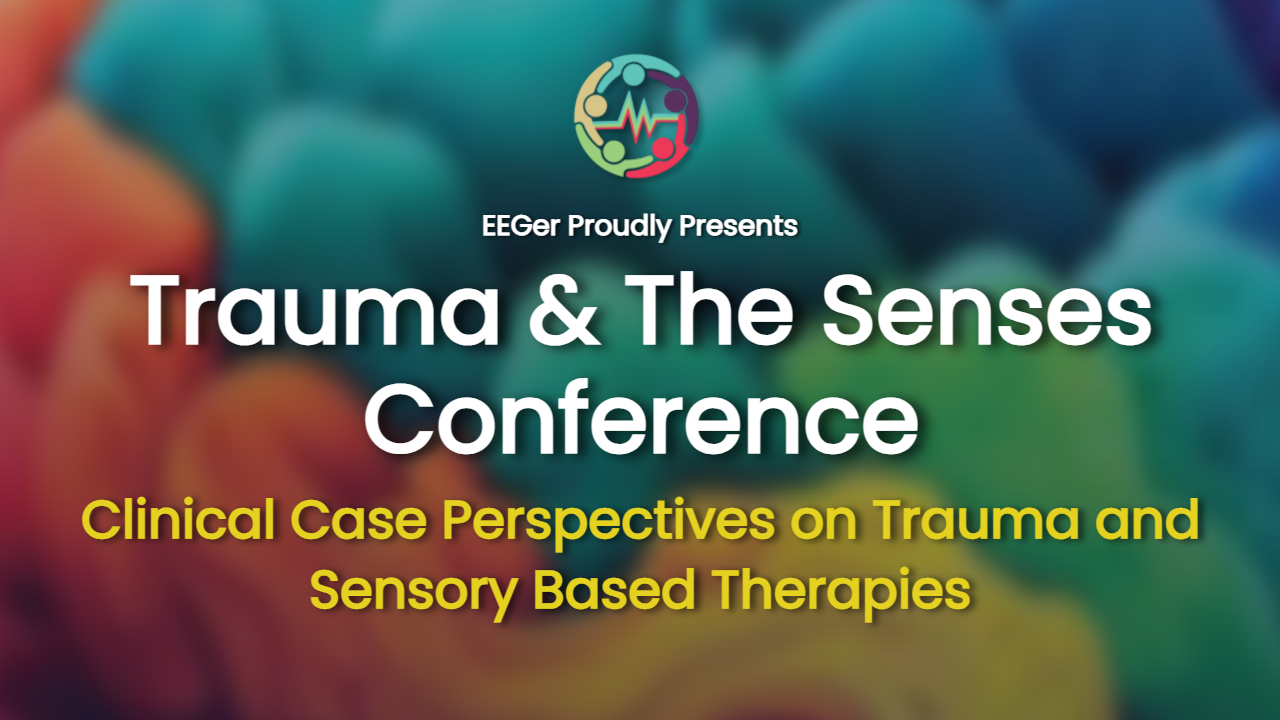Four-Session Self-Paced Webinar Series
The Sensory Exchange
Author-Led Clinical Reading Group for Sensory Pathways to Healing from Trauma
with Ruth Lanius, Sherain Harricharan, Breanne Kearney, and Benjamin Pandev-Girard
Add to My Library
Key Information at a Glance
This four-part discussion series offers participants a unique opportunity to engage directly with the authors of Sensory Pathways to Healing from Trauma, a pioneering book that explores how trauma impacts the brain's sensory systems and the role of sensory-based interventions in recovery.
Each session focuses on specific chapters of the book, beginning with an introduction by the authors and community-driven discussion. Participants are encouraged to read the chapters along with each session.
Author-Led Conversations: Explore key sections of the book enriched by author insights, practical takeaways, and questions from the community.
Lively Community Format: Review the live chat from our original recording, and enjoy an involved, focused conversation that expands on the original book's material.
Build on Your Existing Framework: Add a sensory lens to existing trauma-informed approaches like neurofeedback and DBR with skills and techniques developed from research and real-world use.

The Sensory Exchange
Four-Part Reading & Discussion Series
Join the EEGer community for a unique opportunity to deepen your understanding of the brain and the critical role of sensory systems in recovery after trauma.
$120 | 4 CEs Available
Watch our Recent Conversation with the Authors of Sensory Pathways to Healing from Trauma
Learn MoreParticipants Who Complete This Course Are Eligible for 4 Continuing Education (CE) Credit Hours
Upon completion of this course and the provided assessments, participants will demonstrate their ability to:

Identify the body’s eight sensory systems processed in the brain and discuss how trauma can impact internal and external sensory perception.

Identify key regions in the brain critical to processing sensations and describe how these regions work together to form brain networks.

Describe brain-based healing tools used in clinical practice to empower trauma healing and promote a restoration of the self in the aftermath of trauma.
Trauma & The Senses Conference
Registration Now Open!
You're invited to join us for a full-day virtual conference with Dr. Lanius & co-authors! Please see below for more info.
Register NowAbout The Authors

Ruth A. Lanius, MD, PhD
Sherain Harricharan, PhD


Breanne E. Kearney, MS, MRes
Benjamin Pandev-Girard, MOT


